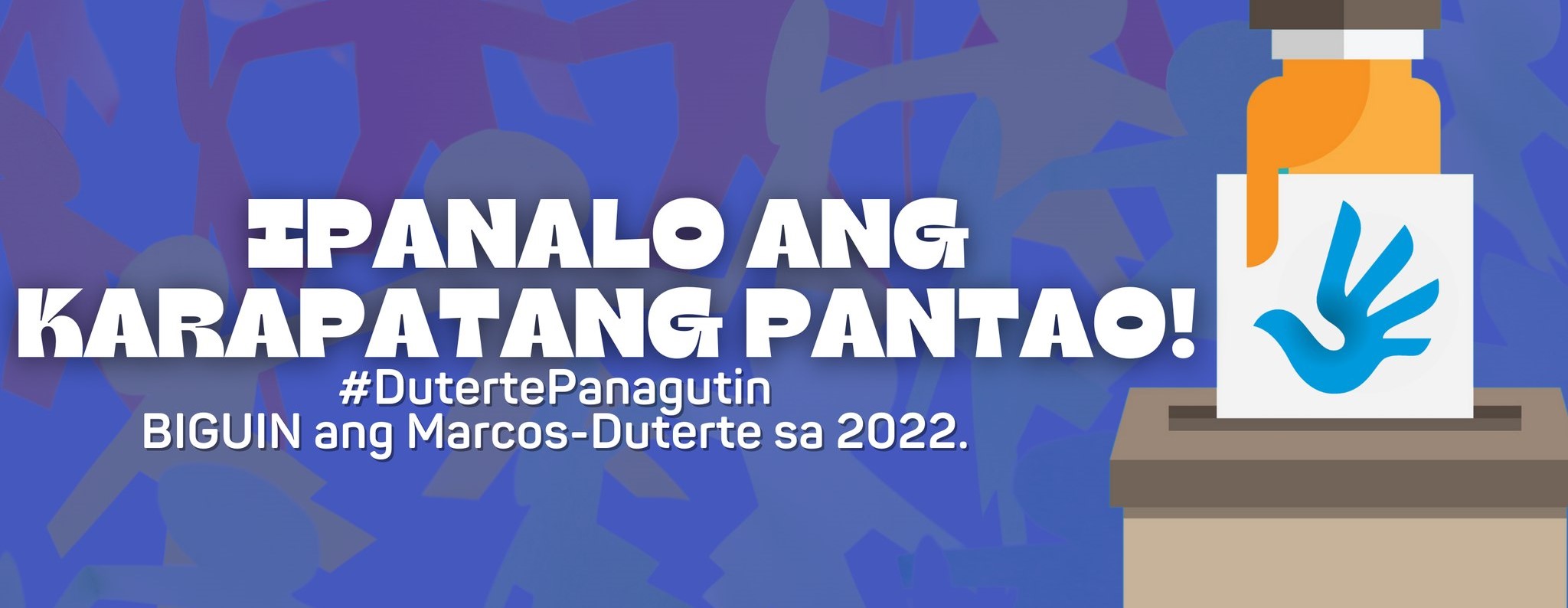
Statement on Human Rights Day 2021
Today we commemorate 73 years since the adoption of the Universal Declaration on Human Rights by the international community. It is the world’s second major post-war document after the United Nations Charter. Its principles and standards have since been applied to thousands of global, regional and national policy instruments, with the goal of realizing all human rights for all, and achieving dignity for humankind. However, in the course of seven decades universal human rights have been challenged by the same governments who have committed to them. And these challenges are growing, as inequality, poverty and social conflict increases worldwide.
In the Philippines, in the few months left of Duterte’s Presidency, the Supreme Court managed to fortify his regime’s most dangerous legislation against human rights defenders. From the war on drugs, martial law in Mindanao, attacks on press freedom, misogyny, red tagging, violence against marginalized communities, and the Anti-Terrorism Law, Duterte’s governance has violated every facet of our basic freedoms. These have sealed Duterte’s murderous legacy among the worst leaders in our history and in the world.
Yet as we look forward to a new government in the upcoming national elections we are faced with an even greater threat of a return of the late dictator’s son to Malacañang, from where their family plundered and slaughtered their way to the brink of our country’s political and economic collapse. Before Marcos was ousted he left the country with a staggering $28.3B in national debt, a 400% inflation rate and almost 15% drop in the value of real wages;1 the Marcos dictatorship was also notorious for its record numbers of extrajudicial killings, massacres, tortures, enforced disappearances, sexual violence, internal displacements and political incarcerations.
Next year’s political exercise will be held during a global pandemic, economic depression, environmental destruction, shrinking civic spaces and a worsening regional security situation. Duterte’s authoritarian rule, not only failed to effectively address these crises but exacerbated the people’s suffering amidst them. It is clear that this brand of governance must be rejected. The 2022 elections therefore spells a crucial juncture in our nation’s history where we stand at the precipice of a total collapse of our democratic system, unless a government that respects human rights and a leadership which puts a premium on human dignity and social justice, is elected.
It is time to raise the human rights agenda in this election, an agenda that ensures a governance that is democratic, inclusive, accountable and compassionate, and demands a leadership with courage, integrity, and competence to finally see us through one the most challenging times of our lives. The people must be seen as critical movers of solutions and remedies, and their communities must be enabled to participate effectively in crisis response and peace building; civil society must be strengthened as partners for development, not tagged as enemies of the state.
It is time to raise the human rights agenda before the 2022 candidates and to the electorate. This time, human rights must win.
#HRvote2022
Ipanalo ang Karapatang Pantao
1 https://www.ibon.org/golden-years-the-real-long-lasting-economic-damage-wrought-by-marcos/





